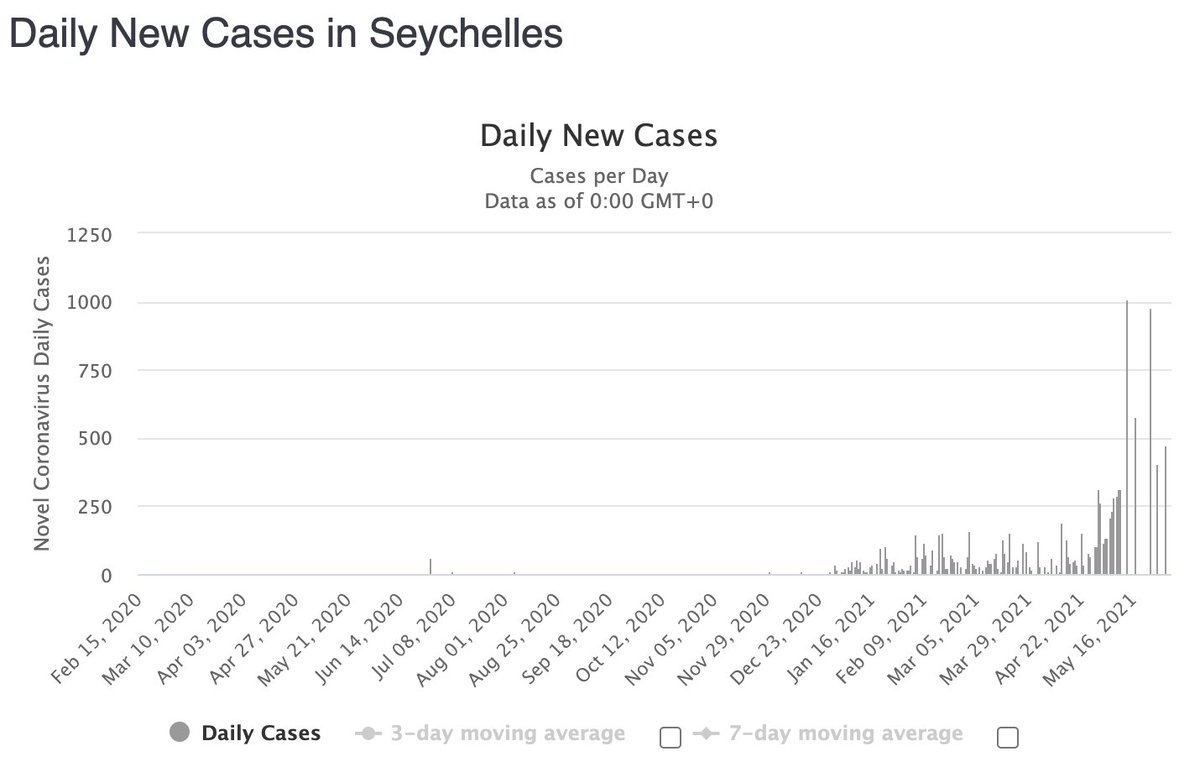
Under-rated point about educational polarization. The 2010 Republican victory (as well as 2014) was powered by a GOP that still dominated among college-educated voters...who turn out more regularly. Increasingly pro-Dem college-educated voters will help w/ Dem turnout in 2022.
https://twitter.com/gelliottmorris/status/1399906810442682373
To an extent, we already saw this play out in the Georgia Senate special election. The GOP turnout drop (with Trump not on the ballot) was overwhelmingly in pro-GOP counties with very low college education levels.
Of course, it matters who is actually contesting these seats. Some Dem candidates have more appeal to college-educated voters than others. And some GOP candidates are able to hold on to college-educated voters better than others.
Another thing about the NM-01 special election is that it shows no GOP advantage (yet) from backlash against covid closures. New Mexico had pretty strict mitigation measures. The Special Election would have been a good venue for voters to express their displeasure with them.
NM-01 more directly tested a different hot-button issue: crime. One explanation for better Latino GOP performance in 2020 was crime & "defund the police" messaging. But that didn't pay dividends for the GOP this time either. Special elections are special so caution is warranted.
The margin may simply be due to Dems putting $ here and the GOP not putting $ here. We'll need lots more data points to know anything for sure. But the GOP messaging on crime and covid-restrictions - and persisting Dem college-educated strength - are worth watching.
• • •
Missing some Tweet in this thread? You can try to
force a refresh











